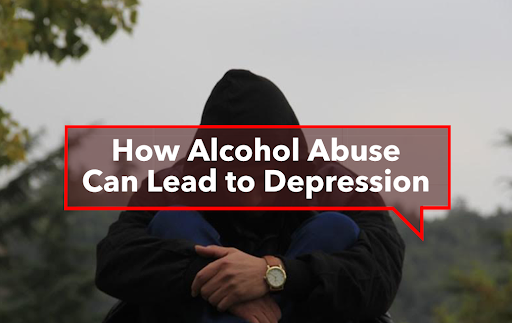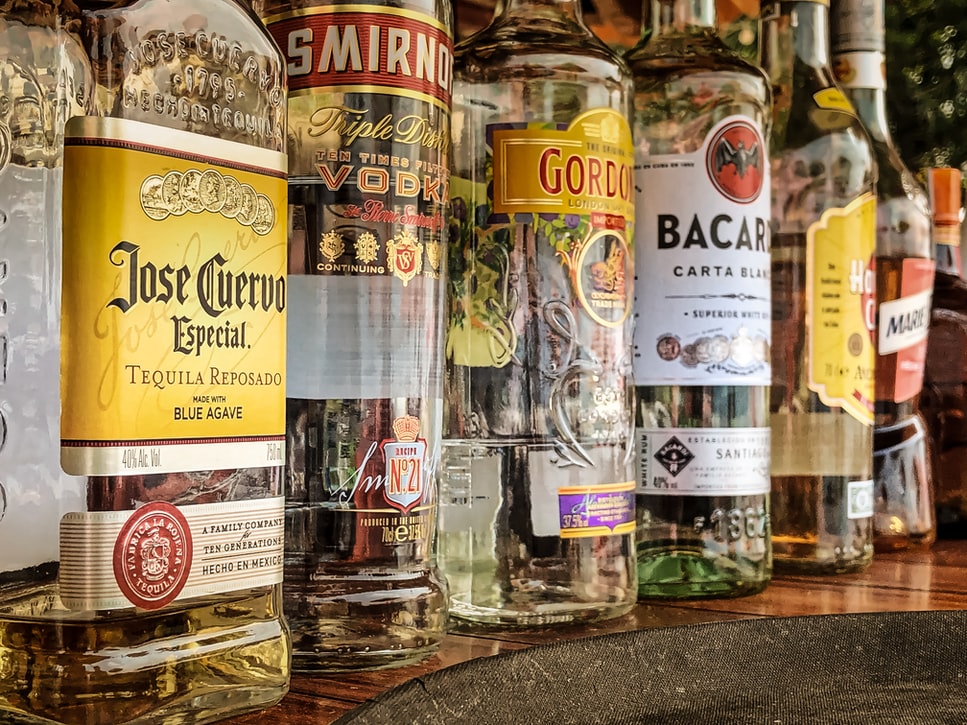How Alcohol Abuse Can Lead to Depression

It’s no secret that college students are known for drinking to excess. But what many don’t know are the links between alcohol abuse and depression. Alcohol changes the brain’s chemistry, and when someone drinks too much regularly, they’re more likely to develop depression or other mood disorders.
It may be hard at first, but you should talk with your doctor about how you can cut back on drinking before it leads to something worse.
Connections Between Depression and Alcoholism
Alcohol abuse and depression disorders have a two-way relationship. Both can coexist and are prevalent psychiatric conditions that frequently occur together; each increases the risk of the other.
There is a complex and intertwined relationship between alcohol abuse and depression. Some people may be genetically predisposed to both, but others develop an AUD (alcohol abuse disorder) due to depressive symptoms themselves.
A person with a major depressive disorder might try self-medicating with alcohol, leading them down the road of developing an addiction that worsens their condition or triggers depressive episodes.
Even in cases where drinking doesn’t transform into alcoholism, self-medication of depression is still non-advised. Research has linked self-medication of depression with increased psychiatric comorbidity (the coexistence of two or more psychiatric disorders), higher stress, and an overall lowered quality of life.
It’s also very important to note that alcohol abuse and depression – especially a major or persistent depressive disorder – increase the disorder’s severity, leading to greater risks of self-destructive behaviors like suicide.
Symptoms of Depression
For an official diagnosis of major depressive disorder, you must exhibit 2 weeks’ worth of five or more symptoms outlined in the DSM-5 criteria. These feelings interfere with work, school, relationships, family time, or any other aspect of functioning livelihood.
Some of the most common include:
- An always-occurring low mood or feeling of emptiness, anxiety, and/or sadness
- Restlessness, irritability, or frustration
- Disliking hobbies or activities you once enjoyed
- Speaking, and even moving, slower than usual
- Changes in sleep patterns such as trouble falling asleep or waking up
- Having suicidal thoughts or thoughts relating to self-harm
- Attempting suicide.
If you feel any of the above symptoms daily or feel like your mental health is on a downward trajectory, it’s important to seek help from a psychiatrist or other trained professional.
Symptoms of Alcohol Abuse

Alcohol use is a pattern of alcohol consumption that includes difficulty controlling your drinking, being obsessed with the substance, and continuing to use despite problems. You may also experience withdrawal symptoms if you suddenly stop using alcohol or start drinking less than you usually do.
Alcohol abuse can be mild, moderate, or severe. This depends on the symptoms you display. Some of the most common include:
- Being unable to control how much you drink
- Spending too much time drinking and recovering from overdrinking or going out to get alcohol
- Failing to turn in assignments at school or work because of your drinking
- Avoiding social situations and work functions so you can drink
- Developing a tolerance for alcohol that you need more and more to feel its effects
For those who think they drink too much alcohol or for family members and friends concerned about excessive drinking, it’s important to see a doctor. Other options include talking with an expert in mental health and joining self-help groups like Alcoholics Anonymous.
How TBYS Can Help
TBYS offers a variety of resources to help you on your journey to recovery or realization. Visit our resources page for information on alcohol abuse and depression, recovering from withdrawal symptoms, and information on treatment.
TBYS can also help you find a support location if you feel like you’d benefit from professional help. If you do find yourself experiencing any of the above signs of depression, alcoholism, or both, we encourage you to visit.

